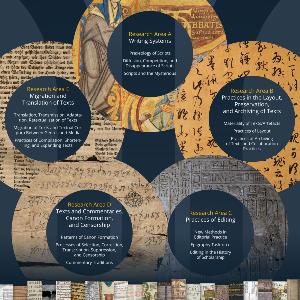Planned Research Projects
Here you can find an overview of all research projects and the corresponding job vacancies in the Cross-Cultural Philology Cluster of Excellence.

Here you can find an overview of all research projects and the corresponding job vacancies in the Cross-Cultural Philology Cluster of Excellence.
